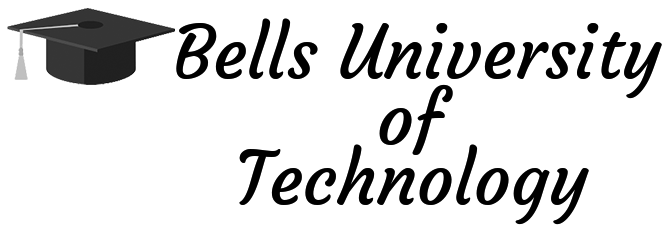Introduction
Background
The course is aimed at addressing the problems associated with Food Safety in the country.
Food-borne illnesses are a continuing problem worldwide and consumers are also
increasingly demanding a greater variety in their food supply, especially of foods that are
more natural, healthy or convenient. Given the peculiar problems of food perishability and
environmental issues associated with developing countries in the tropical regions, the need
to protect consumer health and ensure human security through assurance of food safety
cannot be over-emphasized. These challenges usually have knock-on effects on the
products and process designs needed for ensuring food safety and stability.
To protect consumers, trade agreements have been put in place (World Trade Organisation
/ Sanitary and Phyto-sanitary Measures) and new frameworks such as Risk Analysis have
been introduced that link food safety management to public health protection. Nevertheless,
the Food industry (incl. primary production, manufacturers, retailers, food service/outlets and
trade organisations), academia, governmental authorities and consumer representatives,
need to play a greater role regarding the safety of food.
Which roles the different stakeholders have, how food safety assurance can be achieved,
which problems have to be prevented, and in particular what knowledge is essential in
managing the production of safe foods are prominent topics in this course.
Target group
This course is preferably at graduate level and a Certificate will be issued after successful
completion. The course may be valuable for those working in industry (laboratories, quality
assurance and environmental management) academics, regulatory agencies and members
of relevant professional bodies as well as government officials at Local, State and Federal
levels, associated with food safety management who wish to upgrade their knowledge.
Course content
Course Objective
The aim of the course is to further improve the knowledge of course participants regarding
the management of micro-organisms that may compromise the safety of foods and pose
serious health risks to consumers at different levels of the population.
Course Design
The course programme combines self-study using the E-learning materials to be accessed
via the internet for two (2) weeks, with lectures and group work including case studies and
plenary discussions for another one (1) week within the campus of Bells University of
Technology, Ota, Nigeria. Participants will have the opportunity to prepare for the six
modules of the course during the two week self-study period using these distance learning
materials developed at Wageningen University. The lectures in the last week of the course
will be given by experienced professionals from academia, industry and government within
Nigeria.
Course modules
The six modules of the course can be summarized under the various topics listed below:
1. CURRENT AND EMERGING FOODBORNE HARZARDS
2. FOOD SAFETY MANAGEMENT EVOLUTION
3. GMP AND HYGIENIC ENGINEERING
4. ASSESSMENT AND TOOLS FOR FOOD SAFETY
5. INDUSTRIAL PROCESSING & PRACTICAL FOOD SAFETY MANAGEMENT
6. MANAGING SAFE FOOD PRODUCTION (ADVANCED ASPECTS)
